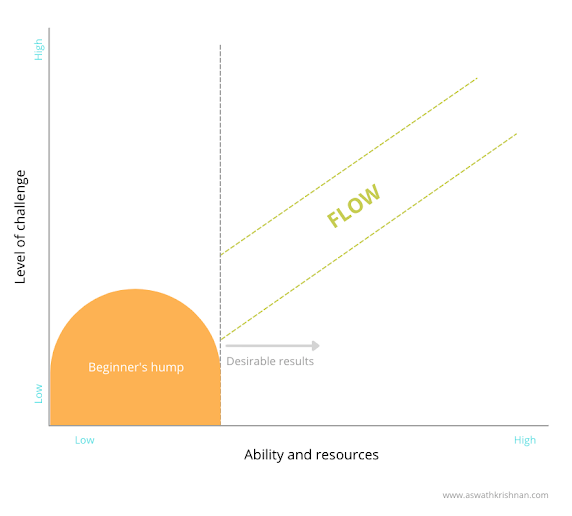Reprogramming the mind program
I have recently been spending more time with my baby nephews and niece. Babies are simple. They eat, sleep, poop, explore, and cry or laugh depending on how well the situation supports this survival and comfort [1]. When you observe babies, it's very apparent that we are all just survival programs. Adults just play more complicated, indirect, and longer-term survival games. We begin as bootstrapped programs that function as follows: (a) feel pain and act distraught when we experience something threatening to survival, (b) feel pleasure and act happy when we experience something positive for survival, and (c) seek more pleasure and avoid pain, and be curious about the environment, presumably to look out for those sources. Then the program learns rapidly over time, through memory and imitation - avoiding the pain, doubling down on the pleasurable, and exploring to discover more. There is a fair bit of randomness in there too. Many of the learnings are then passed on to offspri...











